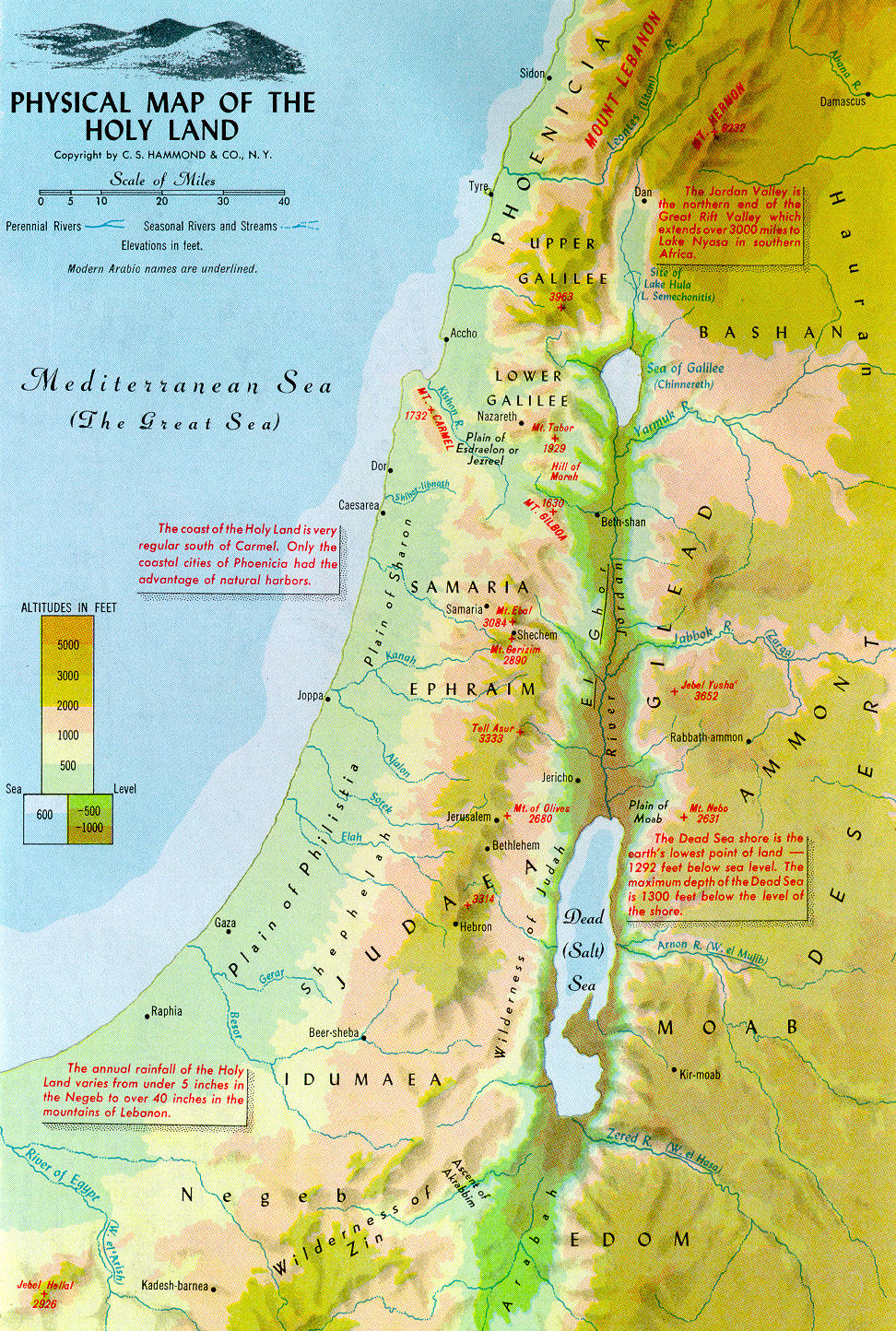Discussing the water politics of the Jordan River means outing more emphasis on the politics rather than on water supply. Because of the issues within Palestine as the troubled region, the process of water retrieval has become quite complicated. Unless a clever use of technology and a reasonable peacemaking strategy is introduced, a range of regions in Jordan, Palestine and Israel, which are known for their water scarcity, will be isolated from water resources completely.
In order to address the current issues concerning the provision of water for the regions that are known for water scarcity, two major steps will be required to make. First and most obvious, it will be necessary to integrate the analysis of the region’s major transboundary and domestic water conflicts. As a result, the incorporation of local, national and global perspectives will become possible, which will provide a more objective overview of the problem.
Next, the international negotiation on water issues should be arranged in order to facilitate the environment for an efficient problem-solving process. In addition to the inability to retrieve water from the basic in general, the military hostilities prevent the local services from implementing their grand plan of RBO (river basin organization).
According to the plan developed by the national and international authorities, the establishment of RBO would allow all the riparian states involved (i.e., Jordan, Israel and Palestine) to design a sustainable use of the Jordan River Basin resources. While several attempts at designing the possible resources allocation based on the International water Law have been suggested, yet none of them seems to work.
Needless to say, the strategies related to negotiation are only a part of a major plan for improving the water resources management within the Jordan River region. Apart from the need to make the opponents bury the hatchet and allow the local residents use the existing water resources to the maximum, the urgency for updating the existing equipment for water retrieval, purification and further distribution into the nearby regions has become obvious since recently.
To be more specific, the fact that a major part of the river flow is polluted due to the activities of the local industries must be brought up. As a result of the effects of agricultural and industrial pollution, a half of the river’s biodiversity has been lost for good (International Social Science Council, 2013). The specified fact means that the local agricultural and industrial activities need to be controlled closer.
Finally, one must shed some light on the fact that the resources of the Jordan River are obviously abused in the process of delivering water to the regions in need. According of the recent data, 97% of the Jordan River’s flow (or 1,258 MCM, to be more specific) has been altered because of the resources abuse (Wessels, 2012). As a result, the Dead Sea does not receive the amount of water required for sustaining it, which leads to major alterations in the local environment. Thus, efficient and advanced technology will be required to change the current flow of the river to the natural one.

Since the political relationships within the region of the Jordan River lave much to be desired, and continuous military confrontations are highly characteristic of the region in question, it is necessary that the Jordan River hydropolitics should be shifted towards facilitating better safety for the workers and reinforcing the efficacy of the technology used.
Reference List
International Social Science Council. (2013). World social science report 2013: Changing global environments. Paris, France: OECD Publishing.
Jordan River map detpaexp land In nails. (2014). Web.
Wessels, J. I. (2012). The Jordan River Basin game: Steps towards sustainable river management in an insecure and conflictuous basin. Canberra, AU: Canberra University.